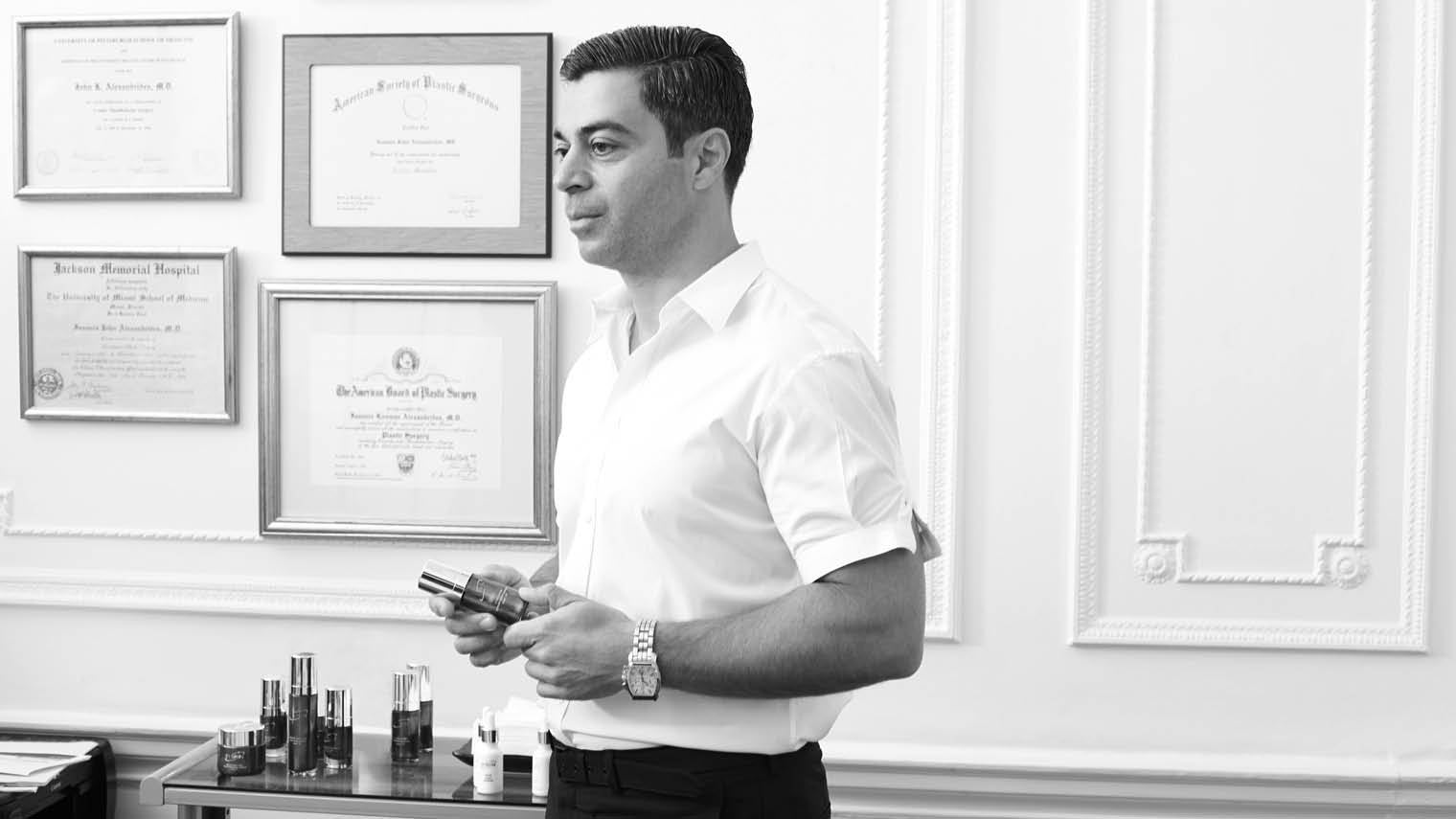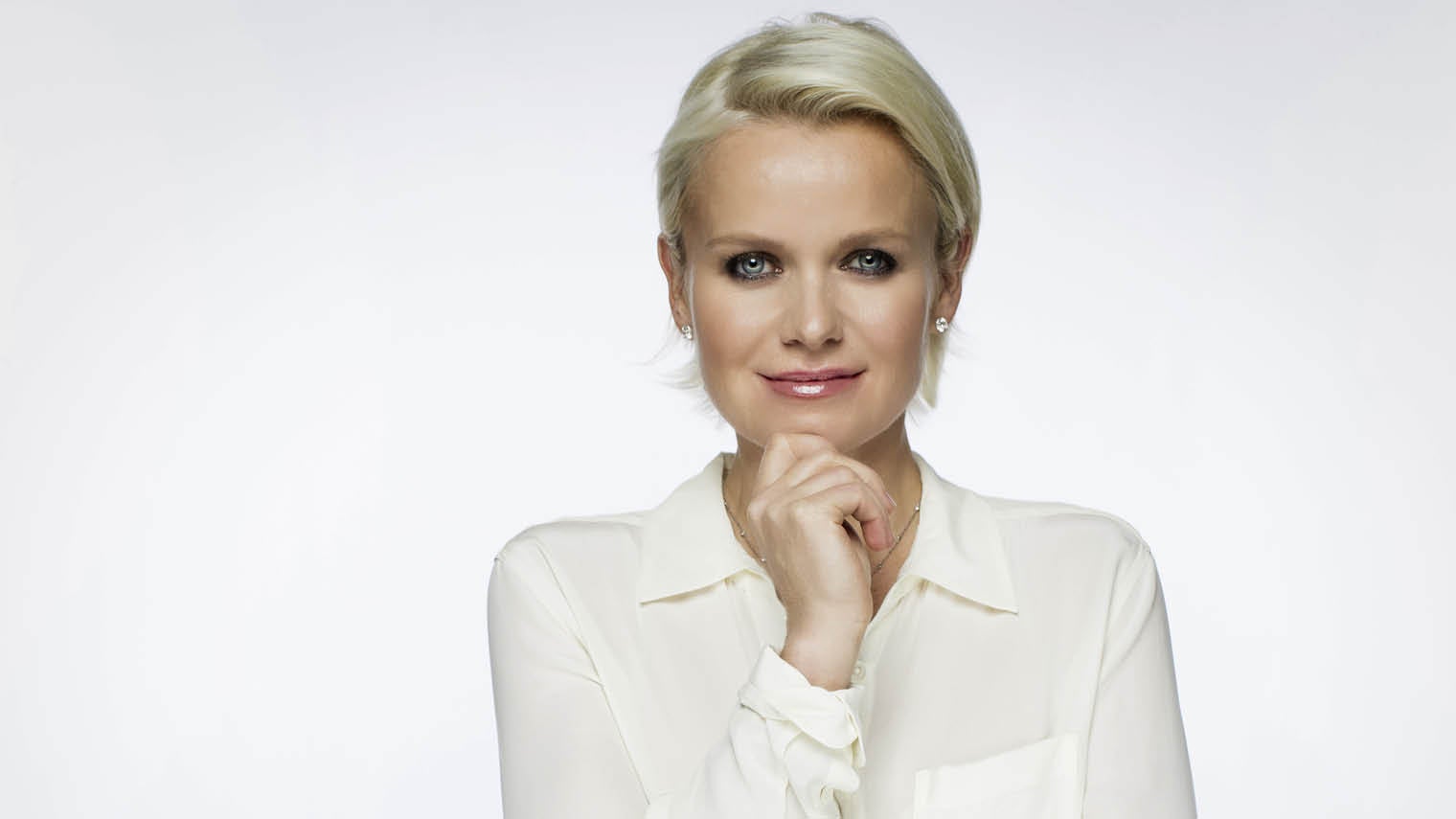Glass skin, a dermis so perfectly even, plump and glossy it’s practically reflective, might be the latest trend out of South Korea, but a flawless complexion has been high on women’s wanted list since before Cleopatra bathed in asses’ milk.
What has changed though is how consumers are pursuing it. The internet and social media have created a seismic shift in what consumers want from their products, where they’re getting them from and who’s influencing them to buy.
“There’s a new breed of beauty customer called ‘skintellectuals’,” says Nadine Baggott, a beauty writer, whose YouTube channel The Beauty Know It All has 44,000 followers.
“These are intelligent, affluent women who think seriously about skincare, the same way they think about what to eat or how they exercise. They are looking for something beyond the hype, for active ingredients at percentages that work. They’re not paying for pretty packaging or a tub of dreams.”
Women are much more informed now, so they don’t want to be patronised
Caroline Hirons, another beauty expert and “skinfluencer” with 178,000 Instagram followers, agrees. “Women are much more informed now, so they don’t want to be patronised. Cosmetics companies need to up their game on how they communicate. The big brands, the ones that dominate the beauty halls, need to innovate. Some of their websites are practically prehistoric. The counters need to up their game too.”
Jess de Bene, one half of JessandAmy, a new agency that specialises in integrated communications strategy, agrees and adds: “When this customer comes to the counter she has done her research beforehand. We’ve found women are now learning about skincare from vlogs in the same way they learnt about make-up a few years ago, so now counters need to be places to play, test and experience the brand. Investing in well-trained, knowledgeable staff is crucial.”
Ms Baggott also sees a significant change in modus operandi of this new skincare-savvy consumer. “They’re looking for solutions to problems rather than a promise,” she says. “Think acne, rosacea and sun damage.” This observation is borne out by a UK Mintel study that says 44 per cent of consumers reported having a skin condition last year.
Look on skinfluencers’ social media feeds and they are full of women asking about the benefits of different molecular weights of hyaluronic acid, what percentage of vitamin C is most efficacious and which active ingredients can be combined safely.
Ms de Bene says this trend has seen some of the bigger brands change tack and focus on ingredients, marketing products to emphasise actives rather than more abstract claims. Reflecting this shift are magazine pages, which are now regularly devoted to the transformative power of ingredients. “A whole page on vitamin C? That would never have happened five or ten years ago,” says Ms Baggott.

Dr Yannis Alexandrides, founder of 111SKIN
It makes sense that the brands set to capitalise on the skintellectuals rise are science-based, chemist or doctor-led brands. Think Dr Barbara Sturm, Dr Dennis Gross, Colbert MD, 111SKIN, MZ Skin, Lancer, Zelens, Indeed Laboratories, The Ordinary, Niod, Murad and SkinCeuticals. New launches this year include the purposefully streamlined range Lixirskin formulated by no-nonsense dermo-pharmacist Dr Colette Haydon and Tula, a probiotic-based line created by gastroenterologist Dr Roshini Raj.

Dr Barbara Sturm, specialist in aesthetic medicine
Why is this new environment suiting them? In an overcrowded market with high levels of distrust, their selling point is their obvious credibility, says buying director of Space NK Margaret Mitchell. “Customers still trust the name and face of a doctor for their advanced skincare needs,” she says. To prove her point she says Dr Gross has seen triple-digit growth in 2017.
Tom Leman, partner and head of retail and consumer at City law firm Pinsent Masons, points to other factors that make such companies appealing to investors. “Now so much beauty is sold online, customers are craving interaction on a human level,” he says.
“If a brand’s figurehead is a doctor who has a presence on social media then that’s hugely beneficial. They are influencers as well as creators. The conversation between them and their consumer creates strong loyalty and that makes the company hugely attractive to buyers because it’s more likely to yield recurring income.”
Another benefit of doctor-led brands, says Ms Mitchell, is that “their customers are also their patients, and they are working with them day in and day out in their practices and clinics, so they understand their skincare concerns. They use this direct consumer insight and their technical qualifications to develop the right products at the right time”.
There’s no doubt the skintellectual consumer loves the straight-talking, results-led approach. After years of being fed pseudo-science and campaigns dominated by celebrities, who may or may not have used the product, they crave credible, efficacious formulations that they can adapt to their changing needs. It’s empowering. “I call it the democratisation of skincare,” says Ms Baggott.
And the companies that capitalise on skintellectuals’ passion will win big. A Lucintel study says the skincare market is set to be worth $135 billion by 2021. Beauty, it seems, just got serious.


